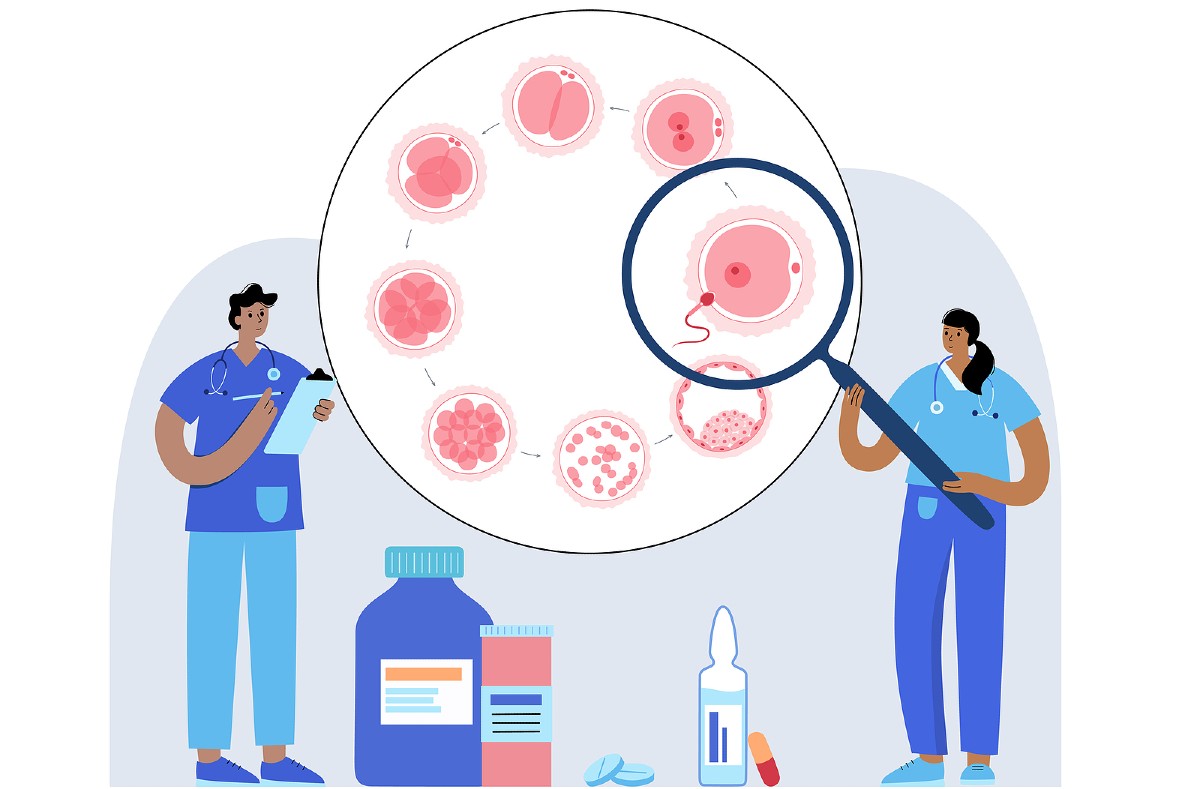
Another call to abolish the 14-day rule for human embryo research
It’s time to move on, says British bioethicist
It's time to extend the legal limit on human embryo research from 14 to 28 days, because technology and knowledge have moved on during the 40 years since it was introduced, urges a bioethicist in the Journal of Medical Ethics.
The “14-day rule” was invention of the UK’s 1984 Warnock Report and it became part of the law in 1990. It limits research on intact human embryos to this period. Why 14 days? The late Dame Mary Warnock freely admitted that it was arbitrary. But a clear limit was needed to regulate IVF and “everyone can count up to 14, and everyone can keep and examine records.”
“The number 14 was not arbitrary in the sense that we drew it out of a hat,” she argued. “But it was arbitrary in the sense that it might have been a different number, though not very greatly different. At any rate, a workable law demanded a degree of invariability.”
“For the past 40 years, the 14-day rule has both governed and enabled embryo research and therapeutic innovation globally. It has been a piece of legislation and a rule of good practice, defining a clear boundary in which valuable research has been able to proceed against some considerable opposition,” writes Sophia McCully of King's College, London.
But it is now safe and timely to make a policy change and extend the rule without fear of any “moral and regulatory slippery slope,” she says.
Many studies suggest that important changes in the embryo that occur before 14 days are likely to affect subsequent development. But without the ability to go further, their real significance will be hard to understand, she argues. And as the embryo only starts to develop after 14 days, “how are we to learn about our beginnings if we cannot study them?” she asks.
There are also ethical and philosophical reasons why the 14-day rule needs to be amended, she says. It is legal to abort an embryo or foetus substantially 'older' than 14 days, and, with appropriate consent, to do research on its tissues, yet it is illegal to experiment on an embryo beyond 14 days that was never intended for implantation.
With the ability to uncover why an embryo might have abnormalities through experiments on intact embryos maintained beyond 14 days, and then use new technologies to avoid or correct the problem, the frequency of selective abortion and therefore embryo and “foetal wastage” might be reduced, she suggests.
Michael Cook is editor of BioEdge
Creative commons
https://www.bioedge.org/images/2008images/Embryo-Development-Diagram-2.jpg
14 day rule
embryo research
- How long can you put off seeing the doctor because of lockdowns? - December 3, 2021
- House of Lords debates assisted suicide—again - October 28, 2021
- Spanish government tries to restrict conscientious objection - October 28, 2021
